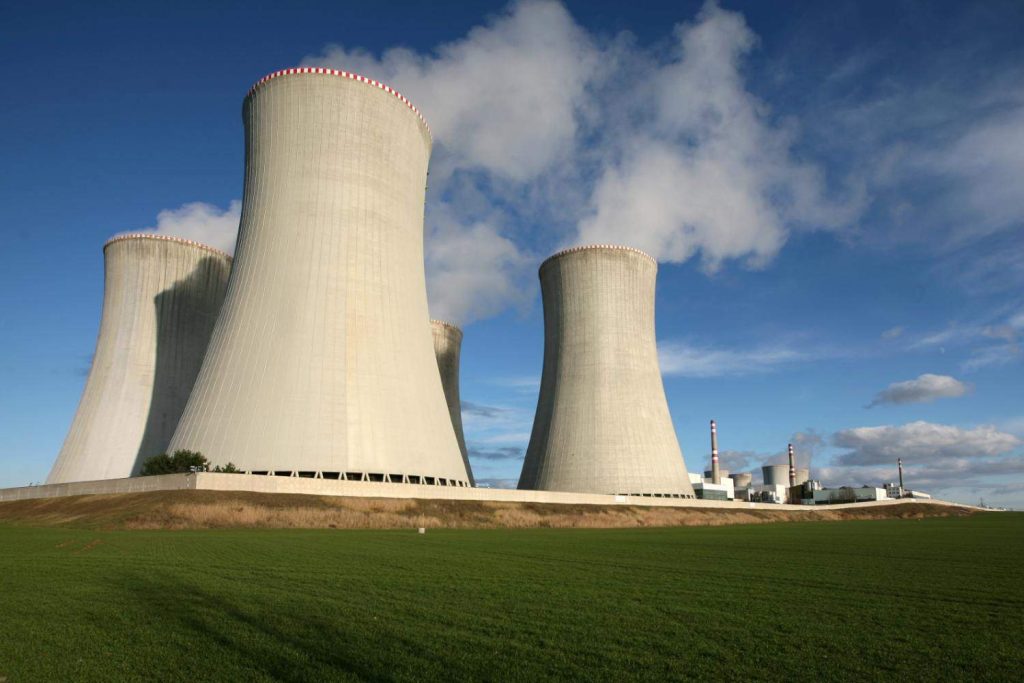Facebook Twitter (X) Instagram Somali Magazine - People's Magazine
Uganda is advancing its nuclear energy ambitions with a firm target to begin generating power by 2031, marking a significant step toward diversifying its energy mix and meeting growing electricity demands. The government has signed a contract with Korea Hydro and Nuclear Power Company Ltd (KHNP) to conduct site evaluation studies for the country’s first nuclear power plant in Buyende, eastern Uganda.
The agreement, signed on Tuesday, initiates a 26-month assessment phase, after which full feasibility studies and a resettlement plan will be developed. Uganda’s Energy Minister, Ruth Nankabirwa, emphasized that nuclear energy is not just an option but a necessity for the country’s future. The Buyende plant is expected to generate an initial 1,000MW by 2031, eventually scaling up to 8,400MW. Additional sites in Nakasongola, Kiruhura, and Lamwo are projected to contribute to Uganda’s long-term goal of producing 24,000MW of nuclear power, nearly half of the anticipated 52,481MW demand by 2040.
Uganda’s nuclear energy roadmap aligns with its Vision 2040 strategy, which aims to enhance power reliability, boost regional energy trade, and support industrialization. The government has been working closely with the International Atomic Energy Agency (IAEA) to ensure compliance with global nuclear safety standards.
Despite Uganda’s uranium reserves, officials are still evaluating domestic supply options and may seek external sources from Europe, Russia, or the United States. The country has been discussing nuclear energy development since 2016, undergoing multiple IAEA reviews to assess its readiness.

The government has allocated funding for nuclear energy initiatives in the upcoming financial year, including preparatory activities for the Buyende plant and a nuclear training program at Soroti University. The planned Centre for Nuclear Science and Technology will further support Uganda’s nuclear ambitions by fostering research and technical expertise.
Uganda’s energy mix is currently dominated by hydroelectric power, which accounts for 86% of total generation. However, increasing demand driven by e-mobility, industrial expansion, and regional power trade has prompted the government to explore alternative sources. Nuclear energy is expected to provide a stable and scalable solution to Uganda’s electricity needs.
As Uganda moves forward with its nuclear energy program, stakeholders are closely monitoring developments to ensure environmental and safety considerations are addressed. The success of the Buyende project will be pivotal in determining Uganda’s role as a nuclear-operating nation in Africa.

